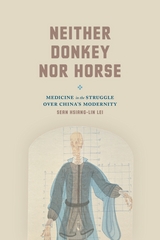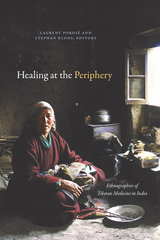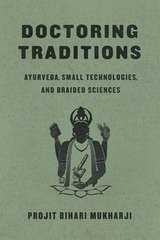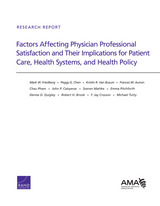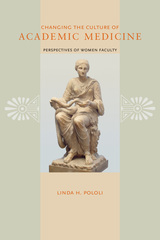Healing at the Periphery: Ethnographies of Tibetan Medicine in India
Duke University Press, 2022
Paper: 978-1-4780-1445-4 | Cloth: 978-1-4780-1352-5 | eISBN: 978-1-4780-2175-9
Library of Congress Classification R603.T5H43 2021
See other books on: Ethnographies | Himalaya Mountains Region | Medical anthropology | Periphery | Traditional medicine
See other titles from Duke University Press
Paper: 978-1-4780-1445-4 | Cloth: 978-1-4780-1352-5 | eISBN: 978-1-4780-2175-9
Library of Congress Classification R603.T5H43 2021
ABOUT THIS BOOK | AUTHOR BIOGRAPHY | REVIEWS | TOC | REQUEST ACCESSIBLE FILE
ABOUT THIS BOOK
India has long occupied an important place in Tibetan medicine's history and development. However, Indian Himalayan practitioners of Tibetan medicine, or amchi, have largely remained overlooked at the Tibetan medical periphery, despite playing a central social and medical role in their communities. Power and legitimacy, religion and economic development, biomedical encounters and Indian geopolitics all intersect in the work and identities of contemporary Himalayan amchi. This volume examines the crucial moment of crisis and transformation that occurred in the early 2000s to offer insights into the beginnings of Tibetan medicine's professionalization, industrialization, and official recognition in India and elsewhere. Based on fine-grained ethnographic studies in Ladakh, Zangskar, Sikkim, and the Darjeeling Hills, Healing at the Periphery asks how the dynamics of capitalism, social change, and the encounter with biomedicine affect small communities on the fringes of modern India, and, conversely, what local transformations of Tibetan medicine tell us about contemporary society and health care in the Himalayas and the Tibetan world.
Contributors. Florian Besch, Calum Blaikie, Sienna R. Craig, Barbara Gerke, Isabelle Guérin, Kim Gutschow, Pascale Hancart Petitet, Stephan Kloos, Fernanda Pirie, Laurent Pordié
Contributors. Florian Besch, Calum Blaikie, Sienna R. Craig, Barbara Gerke, Isabelle Guérin, Kim Gutschow, Pascale Hancart Petitet, Stephan Kloos, Fernanda Pirie, Laurent Pordié
See other books on: Ethnographies | Himalaya Mountains Region | Medical anthropology | Periphery | Traditional medicine
See other titles from Duke University Press










